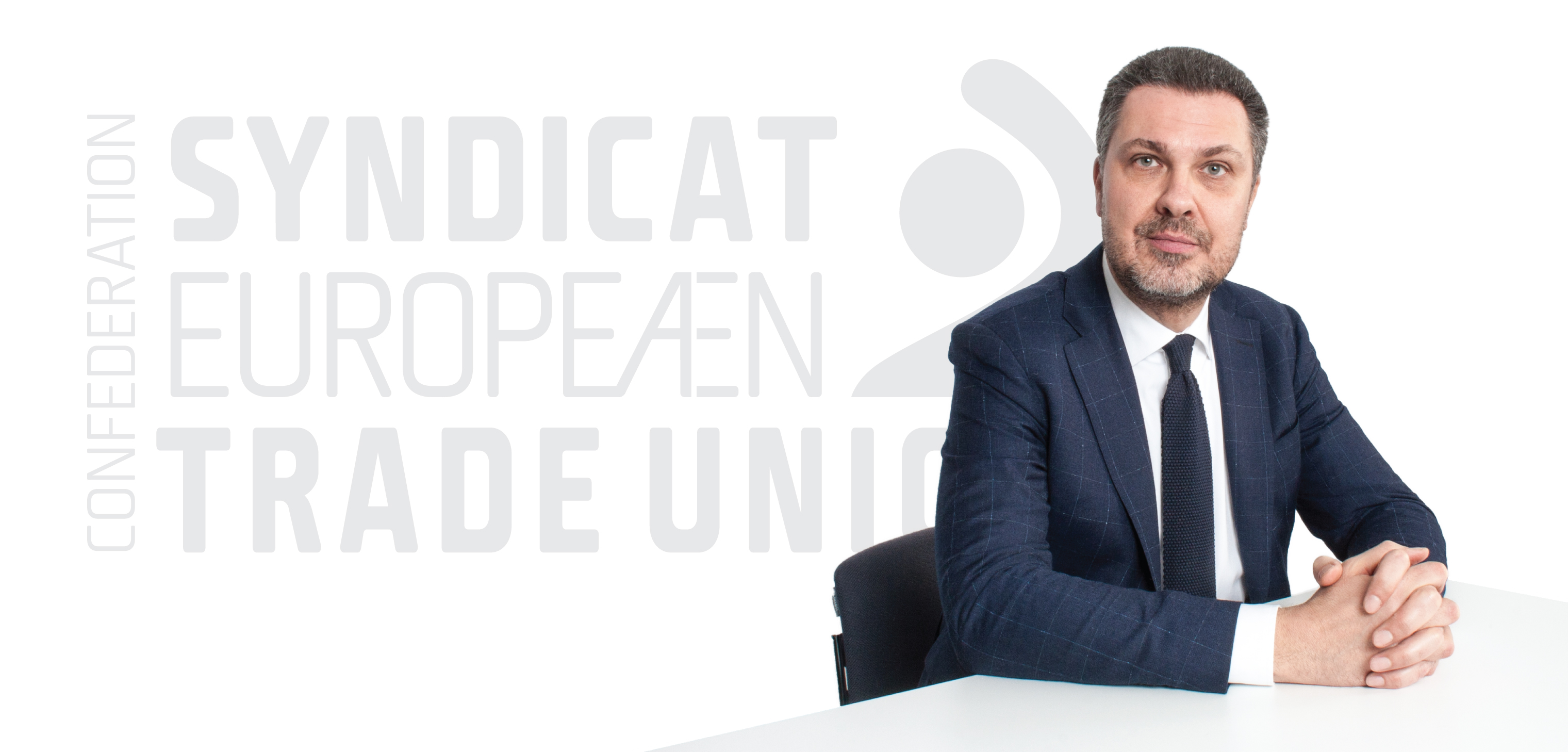
Esteemed Presidents and Prime Ministers,
I would really like to thank Stefan Löfven for his kind offer to organise this extraordinary tripartite meeting, the day before the Social Summit.
This is a great opportunity for social partners to play a role in support of the European Pillar of Social Rights and for its implementation, following tomorrow’s proclamation.
In the joint declaration the European social partners have delivered to you today, we have insisted on the need to frame the Pillar in the discussion on the future of Europe, launched by President Juncker with his white paper, and in the possible reform of the EMU and of European economic governance.
Let me say that there are no social rights without jobs, and there are no quality jobs without sustainable growth.
That’s why we think that the social and the economic dimensions should always go hand in hand, and that a fair and inclusive recovery is a precondition to restore and strengthen both our social market economy and our social model.
To achieve this, we reiterate that investment, public and private, has to be made, not only in countries with fiscal space to do so.
We insist that the European Semester shouldn’t only be economic, but also social, in line with the principles enshrined in the Social Pillar – and we expect the Social Scoreboard, setting standards for upward convergence, to be at the core of the Country Specific Recommendations.
Today we particularly welcome the Social Pillar as the most important initiative in years to reinforce the European social model.
We appreciate the work the Commission, the Parliament and the Estonian Presidency have done to preserve the value of the Pillar’s Preamble, and to achieve a good deal for the proclamation tomorrow.
We now ask all of you to be ambitious, and to keep the right balance when it comes to the legal and concrete impact of the 20 principles in the Pillar.
It is essential to follow up the Proclamation with concrete implementation, to make sure that workers and citizens feel that Europe (and their governments) take care of their interests, needs and rights.
Be sure that we will contribute very actively at all levels to making this happen, notably through social dialogue, tripartite dialogue and collective bargaining, which are the essential tools for social partners to promote a better economy and an innovative social model.
And we will be putting forward our constructive suggestions for sound legislation in the framework of the Pillar, to achieve better working conditions and enforceable rights for every category of workers in Europe, especially the less protected.
We are looking with great interest at the legislative initiatives launched by the European Commission in the framework of the Pillar, and we hope Member States will support them, while at the same time improving their own legislation in social fields, with the genuine involvement of social partners.
The role of social partners is crucial, and is very clearly emphasised in the current formulation of the Pillar.
I would like to draw your attention to what we can do as social partners to manage the major challenges, as well as to fully exploit the opportunities, deriving from globalisation, international trade, transition towards a low-carbon economy, digitalisation and automation.
Reskilling workers to cope with this is important, and we can significantly help in matching training needs, but please don’t reduce everything to skills only.
What workers want to know is, if they lose their old job will they find a new one, and will the new job offer the same quality and level of protection, or will they be left behind?
It’s the same for young people: it can be exciting to work as an independent in the digital economy, but if it’s cheap labour with no rights and prospects, it’s not exciting at all.
Getting new and better skills is no guarantee, you can be trained and then be unemployed or precarious or permanently on the outside.
This is what ‘just transition’ is about: planning and managing change, investment for quality job creation, sound industrial policy, continuous training, fair working conditions, decent remuneration, adequate social protection.
This requires governance and funding, cooperation and solidarity: a ‘just transition approach’, which should involve institutions and social partners – European, national and local.
An ambitious project for the future of Europe, a social Europe that protects all.
We are confident that from tomorrow we will be able to shape this future together.
It is essential to follow up the Proclamation with concrete implementation, to make sure that workers and citizens feel that Europe (and their governments) take care of their interests, needs and rights.
